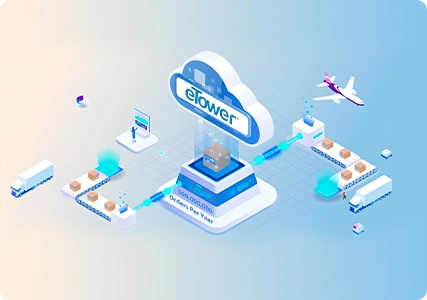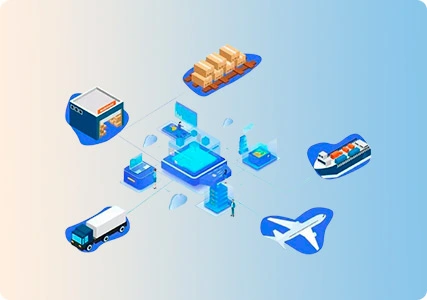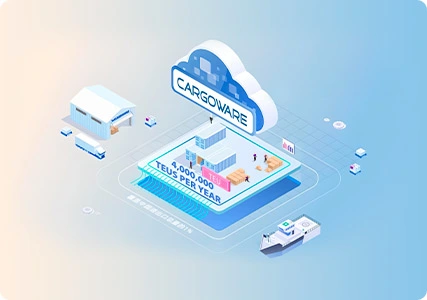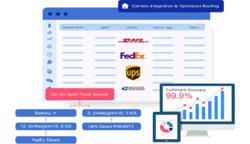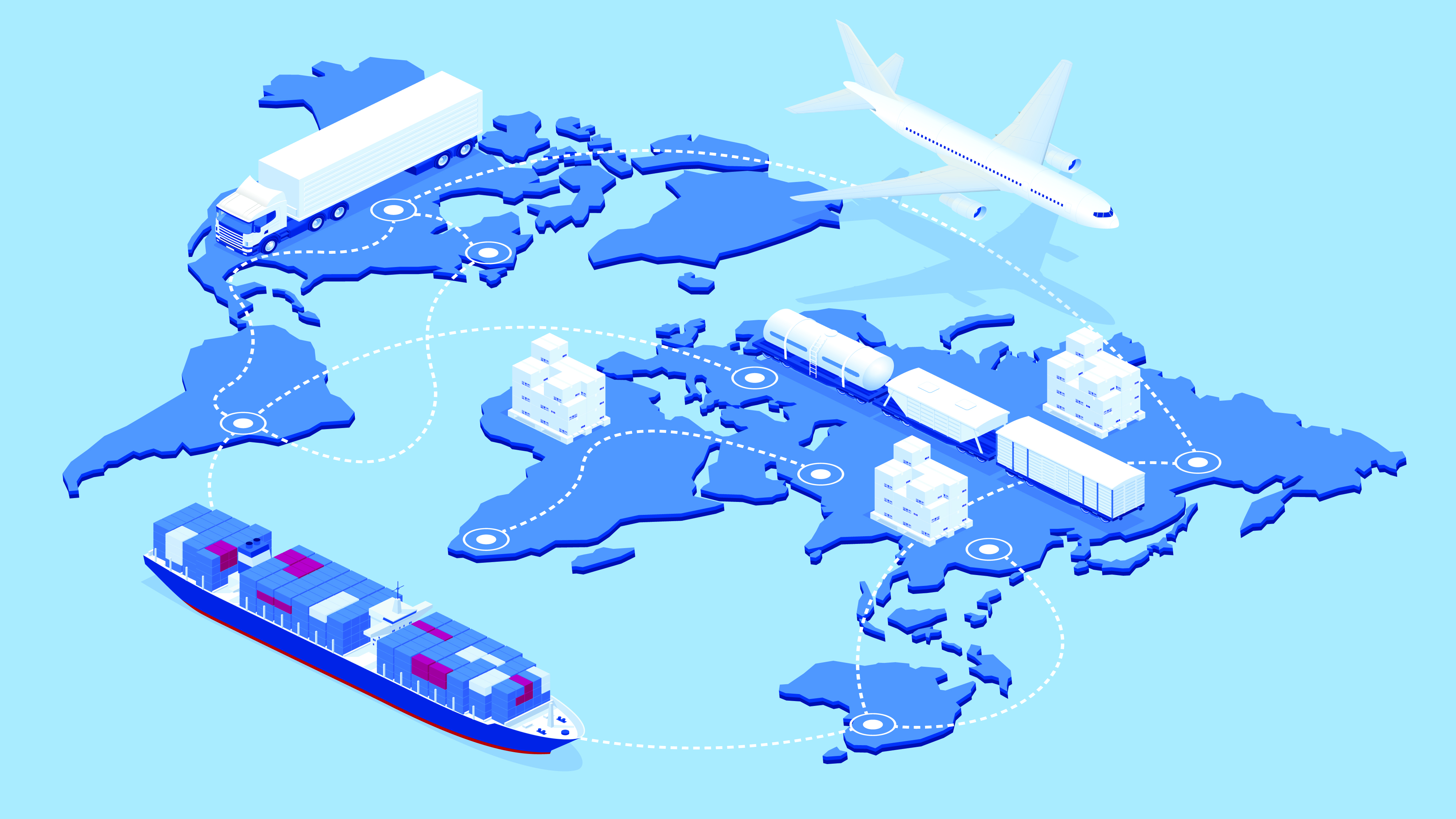Despite record-breaking parcel volumes, traditional delivery giants like FedEx and UPS are no longer the sole beneficiaries of the eCommerce boom. According to ShipMatrix, U.S. parcel volumes reached 23.8 billion in 2024—a 50% increase over 2019—yet much of this growth has been captured by in-house fleets of major retailers like Amazon and Walmart, as well as a wave of emerging last-mile logistics startups.

Companies such as OnTrac, Better Trucks, Veho, and UniUni are rapidly scaling, leveraging local infrastructure, lean operating models, and tech-driven dispatch to serve high-density delivery zones, particularly where national networks struggle—urban fringes and next-day delivery "dead zones." These regional players are increasingly favored by DTC brands, eCommerce platforms, and cross-border sellers seeking faster, more responsive fulfillment options.

This structural shift in last-mile delivery is not just redistributing market share; it’s rewriting logistics architecture. Rather than relying on nationwide hubs, these new entrants operate through distributed micro-fulfillment centers and crowdsourced driver networks, offering brands agility, cost-efficiency, and better customer experience.
eTower, WallTech’s cloud-based logistics collaboration platform, is purpose-built to support this evolution.
Designed for the cross-border eCommerce ecosystem, eTower connects logistics providers with over 150 last-mile couriers and hundreds of upstream and downstream partners—enabling seamless data synchronization, order visibility, and process automation.

In response to high-growth platforms like Temu and SHEIN, eTower has developed dedicated APIs to ensure real-time tracking synchronization, strict data security, and accurate delivery status updates. The platform automatically pushes tracking changes within minutes—surpassing Temu’s 24-hour SLA—and raises alerts when updates are missing for over three days. A dedicated tech team guarantees system bug responses within 30 minutes, and the infrastructure supports triple-peak load capacity, making it battle-tested for seasonal surges.
What’s more, eTower’s integration ecosystem spans global postal services, overseas warehouses, and eCommerce systems, empowering logistics providers to maintain operational excellence and pass stringent platform performance evaluations.
As consumer expectations shift from “delivery guaranteed” to “delivery optimized,” and eCommerce evolves toward a multi-channel, hyperlocal model, logistics networks must follow. The future will not be dominated by the largest fleets, but by the most connected, adaptive, and insight-driven systems.
With logistics management platform like eTower enabling cross-border logistics providers to integrate, scale, and compete, the rise of regional couriers signals a new era: one where the last mile becomes the front line of brand experience and competitive advantage.
